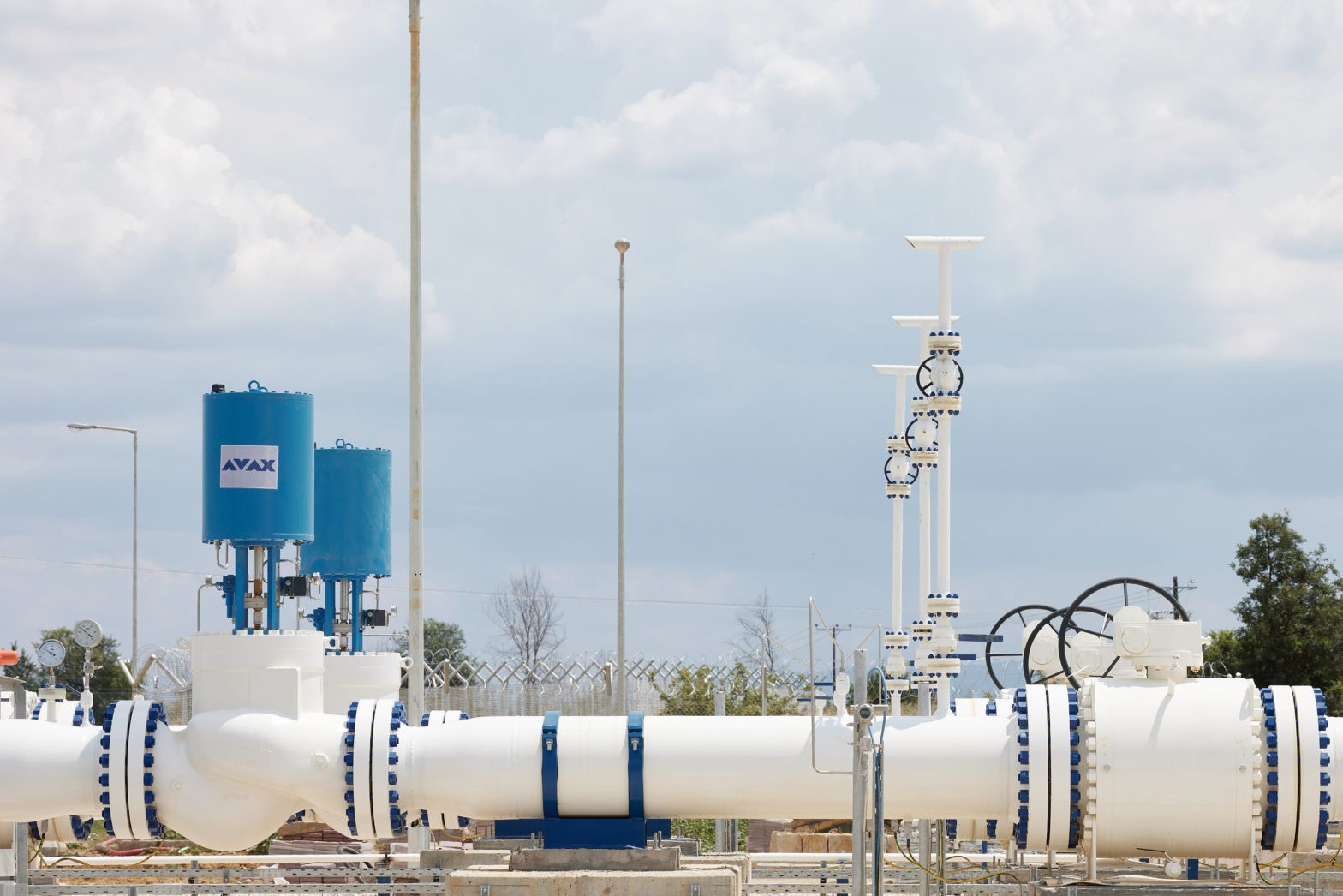How did Europe fail to ban Russian fossil fuels? Sanctions gap
On the second anniversary of the war in Ukraine, the European Union's (EU) sanction policy to sap Moscow of its critical revenue for its invasion campaign of Ukraine. Despite imposed sanctions on Russian fossil fuels, recent data shows that Moscow still benefits financially by exporting oil and gas to European and non-European countries. In this vein, Southern and Eastern European countries are the top destinations of the Russian oil and business elite in an effort to circumvent the sanctions.
For example, certain countries like Hungary, Bulgaria, and Slovakia requested an exemption from sanctions to import Russian oil and gas until they find an alternative source. According to the available data, Bulgaria imports 3 million barrels of Russian oil a month, making it the world's fourth-largest importer, followed by India, China and Türkiye. In 2023, almost half the volumes were Russia's benchmark medium, sour Urals export crude loaded at its Baltic Sea ports of Ust Luga and Primorsk and redirected to buyers in Northern China.
Moreover, Russia’s Lukoil refinery in Bulgaria accounts for a tenth of the country’s GDP. Since the sanctions were introduced, Lukoil has been benefitting from access to cheap Russian Ural crude, which is transported to Bulgaria by tankers through the Black Sea. Nevertheless, the Bulgarian government initially planned to replace the Russian oil and push Lukoil out of the country as soon as possible. In addition, the analysis showed that the refinery has been using the derogation to buy more Russian crude oil, increasing its share to 93 per cent in the first ten months of 2023 from 70% of its total imports prior to the start of the Russian war in Ukraine.

In total, the exemption has led to €2 billion in export revenues for Russia since the sanctions kicked in, resulting in an estimated €1 billion in taxes for Moscow. Russia has also sold crude to countries outside of the regime that then ship the oil products back to Europe, creating a second loophole. The Centre for Research on Energy and Clean Air (CREA) research for 2023 showed that Bulgaria is the fourth largest buyer of seaborne Russian crude oil after India, China and Türkiye. Consequently, due to the mounting pressure and criticism, Bulgaria's government announced plans to end its sanctions opt-out on March 1 instead of a previous, self-imposed October 31 deadline.
At this stage, it is arguable to what extent Bulgaria will be able to promptly replace the oil for the Lukoil refinery in case of contract termination. If so, the only viable option for Bulgaria is the construction of the long-proposed Burgas-Alexandroupolis pipeline that could secure alternative sources of crude oil for the refinery. If successful, the pipeline would transport crude between the Aegean and Black Seas by bypassing the Turkish Straits.
Although the Bulgarian government refuted all allegations that its operations with Russia benefit the latter, it proceeded to import Russian crude exclusively above the price cap from August until October 2023.
In light of the ongoing sanction regime, the Russian economy appears more resilient than expected, and the Russian military retains the capacity to destroy civilian infrastructure and military targets and terrorise the Ukrainian population. What is more, sanctioned goods are still finding their way to Russia, and Russian fossil fuels are still flowing to alternative markets.

According to Norway-based risk consultancy Corisk, the circumvention of export sanctions on Russia amounted to an astonishing $8.5 billion in 2022. Russia's rising numbers and increasing revenues pushed the EU member countries to echo the call to end all exemptions of oil imports, including Bulgaria. Some analysts argue that eliminating all exemptions would have mid-term and long-term economic consequences on Russia's economy.
Roughly a year after adopting the initial penalties, legal loopholes have combined with poor enforcement and a mushrooming parallel trade to keep Moscow’s fossil fuel revenues flowing. Although Russia circumvents sanctions and exports to Europe, Moscow actively re-routes exports to Asian markets in an effort to compensate for the shrinking markets in Europe. In turn, countries like India have increased their imports of cheap Russian crude by 134 per cent. Hence, it will take more time for the EU to introduce new legal regulations to prevent the flow of Russian fossil fuels into the local markets amid the raging war.








